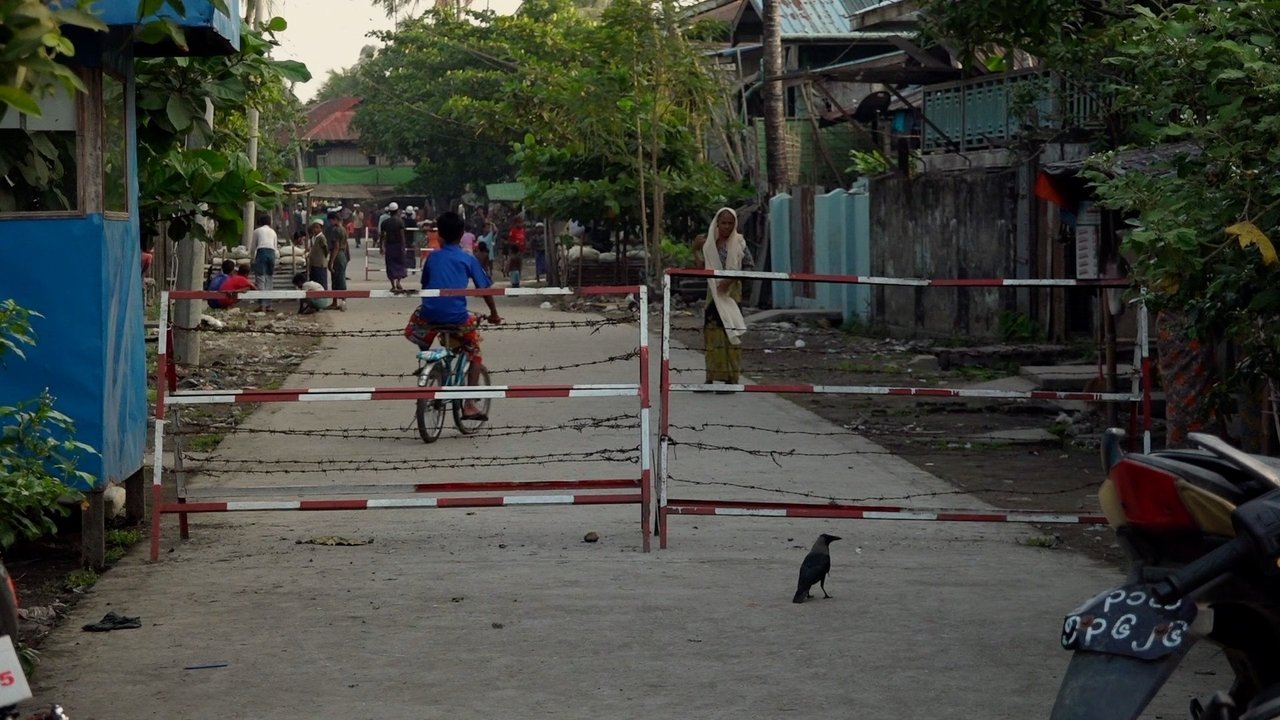
Worlds Apart(2020)
In 2012, violent conflicts broke out between the Muslim Rohingya and the Buddhist majority in Rakhine State on the west coast of Myanmar. The government subsequently deported Muslims and imprisoned them in a camp on the outskirts of the city. The documentary looks at the lives of neighbours on both sides.
Movie: Worlds Apart
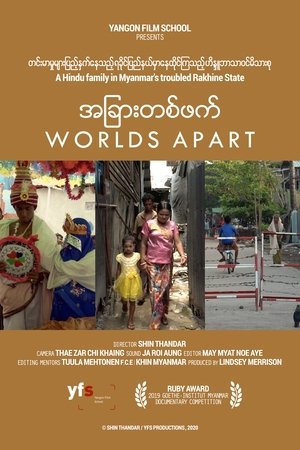
အခြားတစ်ဖက်
HomePage
Overview
In 2012, violent conflicts broke out between the Muslim Rohingya and the Buddhist majority in Rakhine State on the west coast of Myanmar. The government subsequently deported Muslims and imprisoned them in a camp on the outskirts of the city. The documentary looks at the lives of neighbours on both sides.
Release Date
2020-10-19
Average
0
Rating:
0.0 startsTagline
Genres
Languages:
Keywords
Similar Movies
 6.3
6.3Cars Without a Home(cs)
Jan Schmidt and Pavel Juráček turn their attention to the problem of Czechoslovakia's unloved cars in this whimsical documentary short.
 6.0
6.0El circo(es)
Madrid, Spain, 1949. The Circo Americano arrives in the city. While the big top is pitched in a vacant lot, the troupe parades through the grand avenues: the band, a witty impersonator, the Balodys, acrobats, jugglers, acrobatic skaters, clowns and… Buffallo Bill.
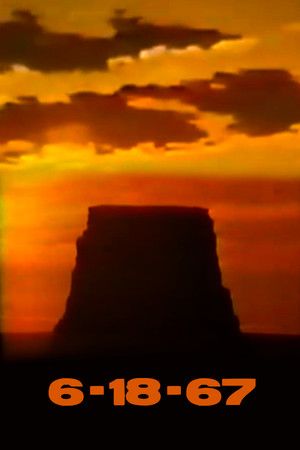 5.8
5.86-18-67(en)
6-18-67 is a short quasi-documentary film by George Lucas regarding the making of the Columbia film “Mackenna's Gold”. This non-story, non-character visual tone poem is made up of nature imagery, time-lapse photography, and the subtle sounds of the Arizona desert.
Wonderful Tonight(ko)
On the 1st of February, 2021, Myanmar’s Military launched air strikes against the Karen minority group. The news reminds K of his time in Karyn State 4 years back. K thinks of General Neda who wanted to build a community for Karen refugees, Khun from Thailand and the village children who helped him. He promised to fight for peace when General Neda sang “Wonderful Tonight” for him. Reminded of his forgotten promise, K roams the street aimlessly. Still, time eats away at his memories.
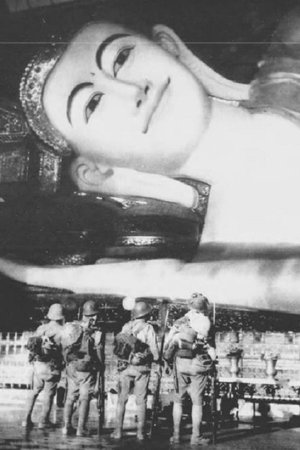 0.0
0.0Burma War Record(ja)
This film records the Japanese military's efforts to capture the Burma Road,one of the major supply lines to China, from the British beginning in December 1941. The film ends with the fall of Mandalay in May 1942.
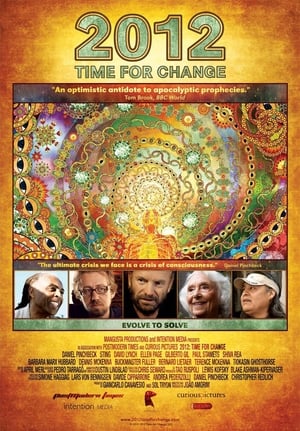 6.1
6.12012: Time for Change(en)
2012: Time For Change is a documentary feature that presents ways to transform our unsustainable society into a regenerative planetary culture. This can be achieved through a personal and global change of consciousness and the systemic implementation of ecological design.
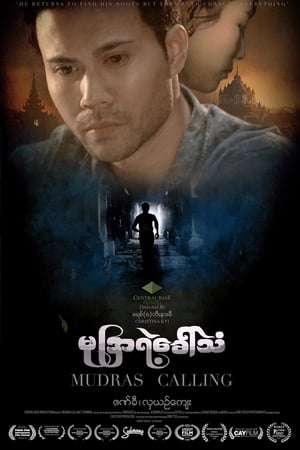 10.0
10.0Mudras Calling(en)
When US-raised Jaden returns to his birthplace Myanmar, to search for his roots, he discovers a shocking truth, a new love and ultimately a possible future in his homeland.
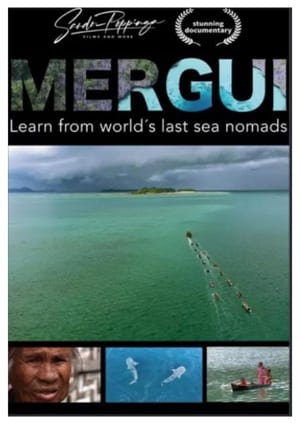 10.0
10.0Mergui(en)
Using nature shots with narration and a musical score, this documentary tells the story about the Moken, Myanmar's last sea nomads.
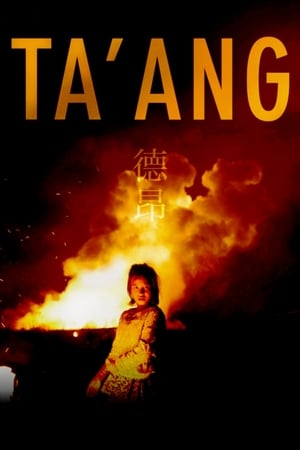 5.6
5.6Ta'ang(my)
The Ta'ang or Palaung people, an ethnic minority living in the mountainous area between Myanmar's Kokang region and China's Yunnan province, have historically suffered many forced migrations due to war. When their survival is threatened again in 2015, thousands of them flee across the border. Filmmaker Wang Bing accompanies them and becomes a privileged witness to a human story that is both a modern reportage and a mythical epic.
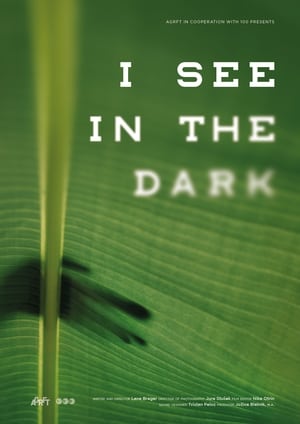 0.0
0.0I See in the Dark(sl)
Confessions of people who have lost their sight during their lives. What are their feelings and how do they view their apparent handicap?
Aungyami(ko)
Korean Jinbae Choi receives photos and videos from Myanmar, and they show the devastation in his neighbourhood. The people of Myanmar asked him to show the world what was happening in their land. A month before Choi received the photos, a coup d'état took place in Myanmar.
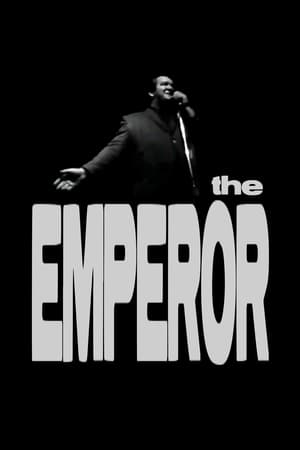 6.6
6.6The Emperor(en)
Comments on the background and popularity of disc jockey "Emperor" Bob Hudson, who bases his shows on the idea that radio is a fantasy.
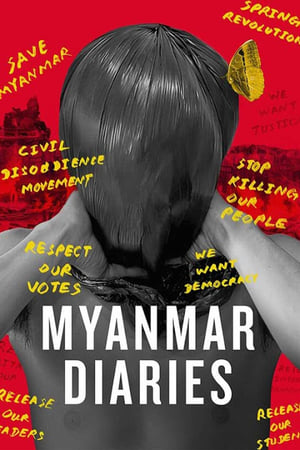 7.2
7.2Myanmar Diaries(en)
How does it feel to be forgotten by the world? A powerful collective cry denouncing the crimes of the military dictatorship installed in Myanmar after the coup perpetrated on February 1, 2021: cinema and imagination against horror and in defense of freedom.
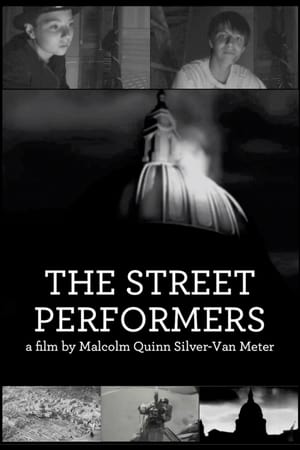 3.0
3.0The Street Performers(en)
This documentary-style short follows two impoverished teens performing on the streets of London in the days leading up to the London Blitz of 1940.
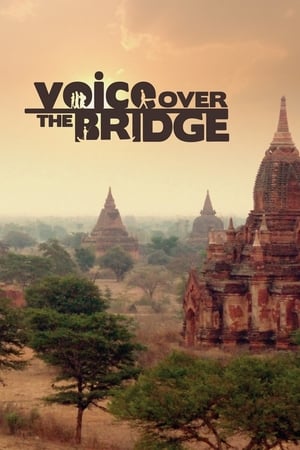 7.0
7.0Voice Over the Bridge(en)
For the first time, traditional Burmese singers Khing Zin Shwe and Shwe Shwe Khaing are recording an album that introduces people around the world to the Maha Gita (Great Songs), which have been sung in South Asia for 700 years. They also introduce viewers to life in Myanmar, a Buddhist country of great beauty.
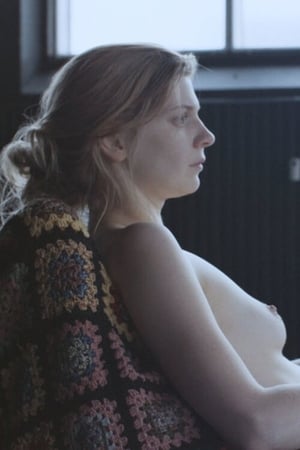 7.3
7.3Manifest(da)
An intimate statement about the filmmaker’s need for self-expression through her own nudity and simultaneously an effort to reject the taboo of patriarchal society. Using diary entries, anger-filled personal reflections, and discussions with a mother painting her nude daughter, the film opens the topic of overcoming shame for one’s own physicality and female sexuality.
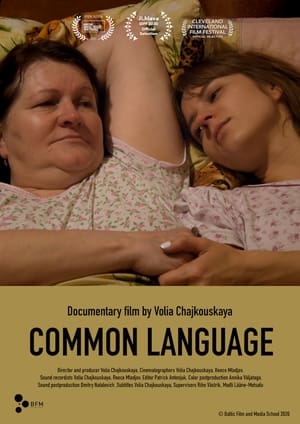 0.0
0.0Common Language(ru)
The director, who has always been viewed as the black sheep in her family, sets out to the Belarusian town of Vitebsk to talk with her parents about previous grievances and topics that were considered taboo. The effort to find a common language, which runs into stormy emotions and the inability to voice honest opinions, is captured through both personal moments and detailed shots of the protagonists’ faces.
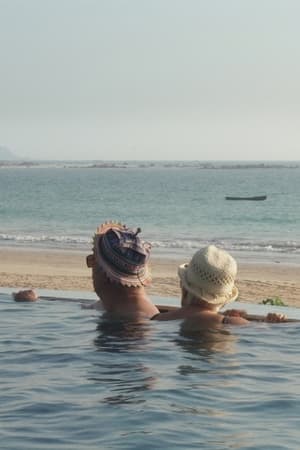 0.0
0.0Greetings from Myanmar(en)
Umbrella drinks and genocide. More than 24.000 Rohingyas have been killed. Over 900.000 Rohingyas have fled their homes. Rapes and beatings are unaccounted for. Myanmar’s sivil leader Aung San Suu Kyi was awarded the Nobel Peace Prize. She is calling it an «internal conflict».
We Were Kings (Burma's Lost Royals)(en)
In 1885 the British army invaded Burma and deposed its King. He died in exile, ending a thousand years of monarchy. The royal family vanished, and the country was plunged into war and the longest military dictatorship of modern times. But after a century of silence they are back, and they're on a journey to bring the family - past and present - back together. Filmed through three years of seismic change in Burma, this is the story of a family and a country emerging from the darkness.